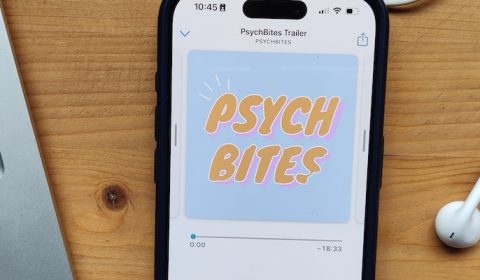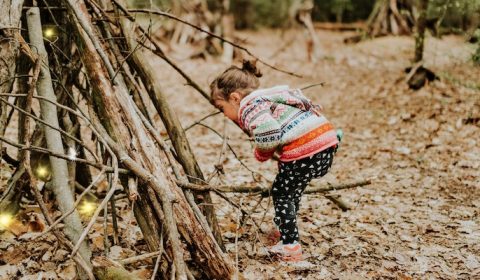Time to connect: ‘Conversations about Consultation’ a podcast

As the pandemic has led to increased accessibility of online video conferencing and recording it felt like the right time to start the podcast “Conversations about Consultation”.
Why conversations about consultation now?
What better time to start a podcast? Given current events we thought there might be more time to consider the areas of Educational Psychology practice that might be most efficient and it felt like the right time to form connections with others interested in the topic around the world.
In beginning a podcast about consultation, we noted several parallels between our current context and historical events that initiated the implementation of consultation as a method. The roots of consultation arose in 1949 when Gerald Caplan, a psychiatrist overseeing a group of social workers and psychologists in Israel, was given the responsibility to care for the mental health needs of 16,000 immigrant adolescents. Caplan quickly realized that providing only individual support was not an option and developed a model of mental health consultation which focused efforts on improving the functioning of the adults around children with whom he worked (Caplan, Caplan & Erchul, 1994).
Today, as the current demand for Educational Psychology involvement exceeds capacity, with increasing numbers of individual referrals and requests for support, the applied practice of consultation feels pertinent.
Our interest in consultation
Emily and I, both co-hosts of the podcast, became interested in consultation after receiving teaching from our third co-host, Dr. Emma Kennedy, on the Educational Psychology doctorate course at the Tavistock. Having worked on a new model of consultation, with Dr. Vicky Lee, Emma’s teaching of the Relational Model of Consultation (RMC; Arnold et al., 2021) highlights the importance of the relationship between consultant and consultee and discusses the application of psychodynamic, systemic, and developmental theory in consultation practice.
Whilst initially apprehensive, we both became fascinated by the application of these theories in practice, particularly when thinking about this with regards to the relationships between members of the consultation triad (the consultant, consultee and client). Our interest in pursuing consultation as a special area of interest as trainees came not only from Emma’s passion for the field but the realisation about the absence of literature in the field, particularly in the UK, and a lack of clarity in a shared definition and understanding of consultation in practice.
Consequently, we were intrigued by the differences between the teaching of consultation and espoused practice of consultation with schools in our practice experiences on placement in Educational Psychology Services (EPS’).
Aims of the ‘Conversations about Consultation’ podcast
Together, these points led to a desire to create and promote a platform to gain clarity on understandings of consultation in the UK, think creatively about implementing consultation in practice and broadly discuss and debate ideas on the topic internationally.
Additionally, we hope the podcast provides a space to think with a wide range of guests from both professionals in other fields of work (such as social work and clinical psychology) and those who may have experienced consultation as consultees (such as teachers and parents). By doing so, we hope to explore how consultation is applied more broadly and the possible benefits and barriers to successful consultation.
Our learning reflections so far
We have been blown away by the range of guests that have been kind enough to give their time to talk with us about their consultation practice. From newly qualified EPs starting out on their journey, to experienced practitioners and prolific authors in the field of consultation. The range of views has been a privileged learning experience for both of us, being Year Two TEPs, and has provided an opportunity to think deeply about the topic, offer a space for reflection and apply this to our own practice.
We also feel a sense of huge satisfaction that the episodes might stimulate some debate and thoughts on consultation practice worldwide, to encourage the evolution of this area of work. The value of technology and the ease of starting a podcast has been an interesting experience (despite the obvious and frequent internet difficulties!) and has highlighted some of the silver linings of the increasingly virtual world in which we live, especially when reaching out to international practitioners.
Future aspirations – where next?
We would love to keep inviting guests from across the world onto the podcast and share these conversations more widely. We are hoping to use the conversations we have had to inform research looking at themes in consultation practice in psychology across the globe and hopefully present these at an international conference (such as that hosted by The International School Psychology Association; ISPA).
Emily and I hope to qualify next year and continue to develop our application of theory to practice and follow our interest in consultation by exploring research areas, such as the place of endings and beginnings in consultation and continue to stimulate conversation about consultation whether that be through the podcast, training or research.
Listen to all the episodes of Conversation about Consultation or search ‘Conversations about Consultation’ on your podcast app.



